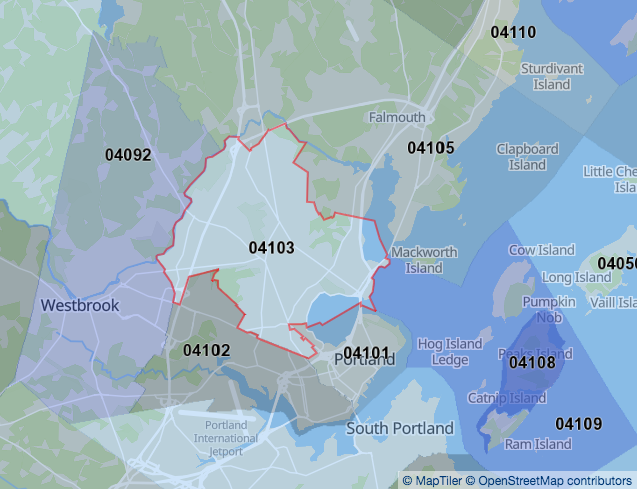A Fictionalized Genesis for the Syllable
of Maxwell Owen Clark
The idea of a syllable, measured already in the archaic Tamil Tolkappiyam grammar-poem as equal to the time it takes to blink an eye—how to shear away from its historical forms their most archetypal kernel? How to model its highest invariances? As an inhabitant of the postindustrial northeastern United States, that Tamil grammarian-poets of at least 3,000 years ago wrote rigorous descriptions of the syllables of their oral language, even framed their entire linguistics and poetics on this exhaustive description of syllables, as a sort of "syllabics", if you will—it suggests too much perhaps to not still be nebulous. A blink. So too a unit. A pulse. One pulse. The atom of prosody. A genesis for arithmetic? A natal mathematics? An almost timeless imposing of measure. One waveform, trough to peak to trough, off/on/off, fort-da. An immemorial cut into the continuum. Instinctual quantification/qualification. But all of these yet are allusive determinations. The absurdity of attempting their empirical verification is to me obvious. A syllable is a concrete-abstract model that yet still inexorably, if more or less indirectly, and ambiguously, participates in the transmutation of uncountable oneness into the counting of one as a number. The syllable as a rawer materiality than number, of which number seems an abstraction out from under it. In end, the Tolkappiyam is not to be taken as the primal origin of the syllable's archetypal instance itself—only a suitably diverse source for documenting the syllable's grand structural insistence.



Comments
Post a Comment